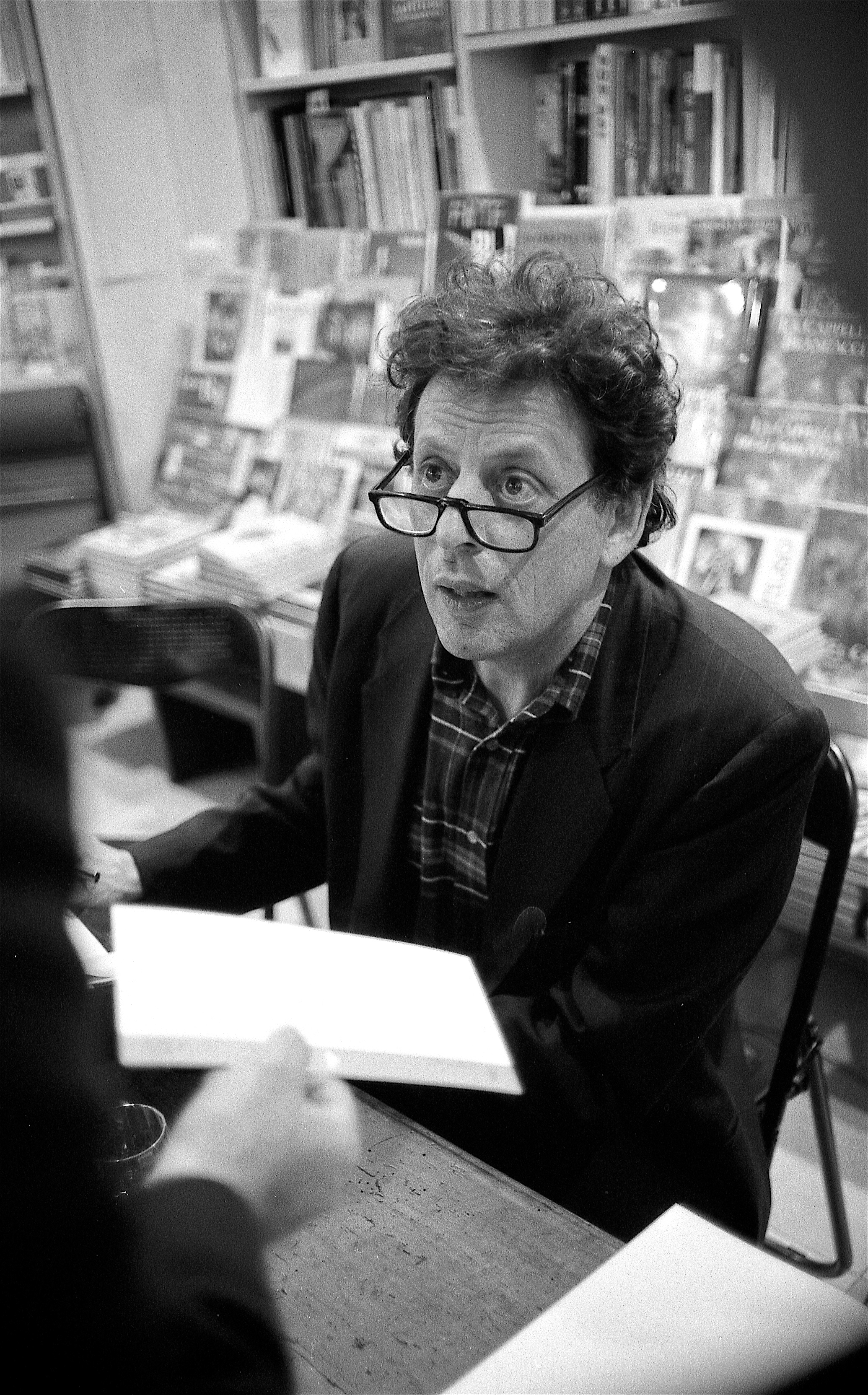After Lewis and Clark.

"Philip Morris Glass" is an American composer. He is considered one of the most influential music makers of the late 20th century. His music is also often controversially described as minimal music, along with the work of the other "major minimalists" La Monte Young, Terry Riley and Steve Reich.
Glass has distanced himself from the "minimalist" label, describing himself instead as a composer of "music with repetitive structures". Though his early mature music shares much with what is normally called "minimalist", he has since evolved stylistically. Currently, he describes himself as a "Classicist", pointing out that he is trained in harmony and counterpoint and studied such composers as Franz Schubert, Johann Sebastian Bach and Wolfgang Amadeus Mozart with Nadia Boulanger.
Glass is a prolific composer: he has written works for the musical group which he founded, the Philip Glass Ensemble (with which he still performs on keyboards), as well as operas, musical theatre works, ten symphony/symphonies, eleven concertos, solo works, chamber music including string quartets and instrumental sonatas, and film scores. Three of his film scores have been nominated for Academy Awards.
If you enjoy these quotes, be sure to check out other famous composers! More Philip Glass on Wikipedia.What came to me as a revelation was the use of rhythm in developing an overall structure in music.
European musicians didn't learn popular music, whereas in America we did, ... So you played in bands, you played in orchestras, you played everything. The high-art/low-art idea, that was a very European idea and not much appreciated in America. People like Cole Porter and Gershwin were considered very important composers.
I just thought it was very interesting, ... How do you write a 30-second piece? Everything is extremely compressed.
[This was the future, even if hardly anyone wanted to hear it. But, they were told, they shouldn't worry about that.] Acceptance would not come right away, but the history of music was going down this road and you either got on the train or you didn't, ... And if you didn't get on the train, you would be left behind.
There were audiences for the first time in living memory. People were discussing modern music. Maybe they liked it and maybe they didn't, but the question of what we were doing suddenly became an urgent one.
The message in that for me.
And then I went back to New York and found other people doing it. A handful of people.
Copyright © 2024 Electric Goat Media. All Rights Reserved.